UNFORGIVABLE: The mindless massacre at Gulshan café
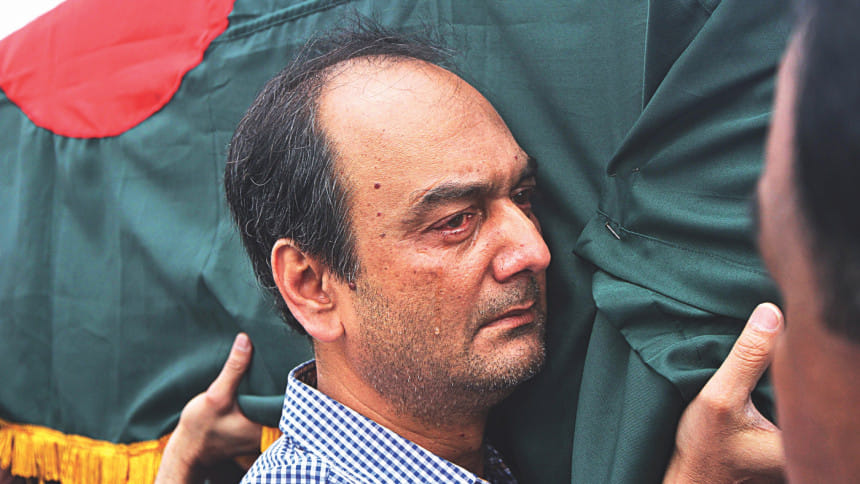
The Friday evening fell quietly at the Holey Artisan Bakery on July 1, one of the last days of Ramadan in 2016.
But soon the ritzy eatery in the posh Gulshan neighbourhood would be buzzing with activities -- guests ordering coffee, croissants, bagels, pizzas and pastries and a staff of about 20 rushing to serve the diners.
The two-storey Western-style café, right next to the Gulshan Lake, with large windows and a manicured lawn, was a favourite hangout for both expatriates and Bangladeshis.
On the ground floor, Italian national Nadia Benedetti was at a farewell dinner with eight other Italian businesspeople, having a lively discussion. It was past 8:00pm.
Just a few yards away, Faraaz Ayaaz Hossain was catching up with his friends Abinta Kabir and Tarishi Jain.
Sitting at the table placed in the rear of the hall room, Makoto Okamura was dining with six other Japanese nationals. Hasnat Karim, a former teacher of a private university, was also there with his family members to celebrate his daughter’s birthday.
Tahmid Hasib Khan, who arrived in Dhaka from Canada in the morning, was sitting down in the gazebo near the lake with his friends Fairuz Maliha and Tahana Tasmia.
The kitchen chefs and stewardesses were busy preparing and serving foods. Conversations were flying around amid the clink of the cutlery. No one had the slightest idea that they would face the worst nightmare anyone can ever have.
Around 8:45pm, five youths, each with a backpack, appeared at the restaurant’s main gate. As they were entering it, guard Nur Alam enquired about their identities. As they tried to go in ignoring him, the guard again asked, “Where do you want to go?”
“Get lost,” shouted one of them, punching Alam in the right eye.
They stormed the premises, shouting “Allahu Akbar!”.
Dressed in jeans and T-shirts, they burst through the door. Carrying weapons including semi-automatic rifles, grenades and machetes, they stood with their backs to each other and fired indiscriminately as they continued shouting “Allahu Akbar!”
All hell broke loose.
Shrieks and screams broke through the air. Panicked and bewildered, the diners dived under tables and chairs. Staffers scampered for safety.
“You don’t have to get scared. We will not kill Muslims; put your heads down on the table,” the gunmen said.
The worst-ever hostage crisis would then unfold before the nation. The countrymen stood aghast at the extent of terror not seen in Bangladesh ever before.
The chilling siege ended after around 12 hours, but brought shockingly grim news for the country and beyond: nine Italians, seven Japanese, two Bangladeshis, one Bangladeshi-American and one Indian are dead.
During the siege, the militants held the diners hostage and sorted out targets through a test of reciting verses from the Holy Quran and launched a killing spree.
The Italians were the first victims of the mindless firing. Then the militants shot other foreigners dead. They used the victims’ phones to publish images of the bodies on social media.
Law enforcers could not initially fathom the gravity of the situation. As they tried to close in on the place, the gunmen opened fire and hurled grenades, sending a wave of panic in the high-security area. Two police officers were killed in the attack.
When para commandos began their drive codenamed “Operation Thunderbolt” and stormed the restaurant, they found traces of mindless butchery. Twenty hostages, including 17 foreigners, were brutally murdered with the café’s floor strewn with the bodies.
More than three years after the massacre, the survivors still recount the gruelling hours of the siege.
“It was a horrific night. I did not think I would be alive,” Delwar Hossain, who was the assistant chef of the restaurant, told The Daily Star on Saturday.
Delwar, who got re-appointed in freshly opened Holey Artisan Bakery, said he along with eight other staff had taken refuge in the restroom after the militants got inside. Finding this out around 2:30am, the attackers had them come out.
Then he saw bodies lying in a pool of blood.
“Don’t be afraid. We will not kill you. Listen to me,” Nibras had told them, adding that the mission was to kill foreigners.
Delwar said, “I spent the night cringed in fear as I listened to the sounds of firing and haunting screams of diners. I still shudder at the thought of the horrific night,” Delwar told this newspaper on Saturday.
The manifestation of brutality is also narrated in the charge sheet of the terror attack case.
Around 12:30am, the five gunmen put out lights in the hall room and started hacking the guests -- both Bangladeshi and foreigners -- lying on the floor, said the charge sheet.
It also mentioned the brutality of the attackers as described by Sat Prakash, a survivor.
He heard a woman groaning in excruciating pain.
“She is still not dying”, said the attacker while hitting the victim with a sharp weapon.
Twenty-year-old Faraaz, a student at Emory University’s Goizueta Business School in the US, was killed along with his friends -- Abinta, a Bangladesh-born US citizen and also a student at Emory University, and Tarishi, an Indian student of the University of California.
As the night wore on, the militants asked the chefs to cook and serve food to the hostages and also the staffers. They were using mobile phones, tablets and laptops and reading news from mobile phone and laughing.
As the day dawned, the gunmen allowed several hostages to walk out of the restaurant. But they didn’t release the staffers, who were rescued later by para commandos.
The five terrorists and a chef of the café were killed in the commando operation. Another injured staffer later died in hospital.
Following the café siege, law enforcers launched a massive crackdown on terror networks and eliminated a number of militants.
Since then, law enforces carried out 28 high risk anti-militancy operations at militant dens where 79 militants were killed and a huge stash of explosives were destroyed or seized. Besides, more than 250 other militants have been arrested, said officials of Counter Terrorism and Transnational Crime unit of DMP.
“We have tried to submit a flawless charge sheet…We are hopeful that we will get expected verdict,” said Monirul Islam, chief of CTTC unit.
After around two years of investigation, police on July 23 last year pressed charges against eight of the 21 militants who were involved in the terror incident. Thirteen of the 21 were killed in different drives.
A tribunal in Dhaka will deliver the verdict in the case today, in less than a year after the
trial proceedings began.
[This narrative is based on witness accounts and description of the incident in the charge sheet of the Holey Artisan attack case]
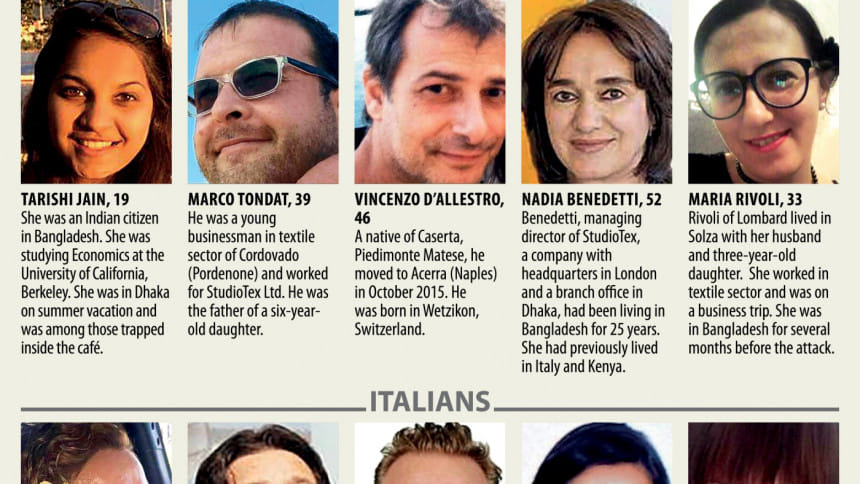

 For all latest news, follow The Daily Star's Google News channel.
For all latest news, follow The Daily Star's Google News channel. 

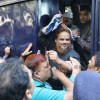
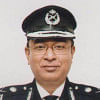

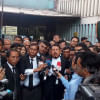
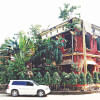


Comments